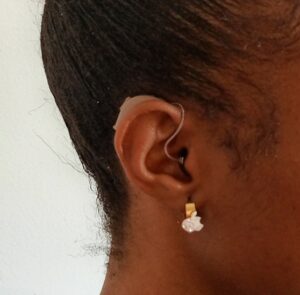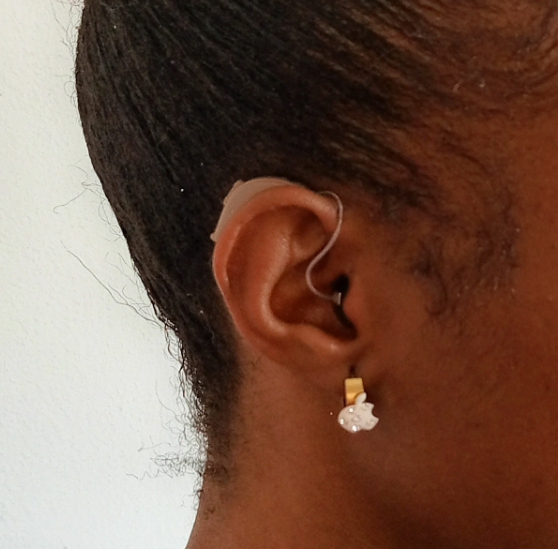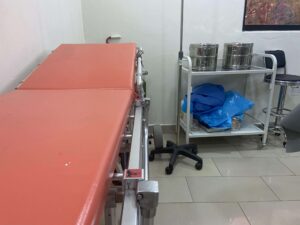Hearing loss is a common condition that affects millions of people worldwide, with varying degrees of severity. It can occur at any age and may be caused by a wide range of factors, including:
- Age (Presbycusis): Age-related hearing loss, known as presbycusis, is the most common type. It typically occurs gradually as a result of changes in the inner ear over time.
- Noise Exposure: Prolonged exposure to loud noises, such as those in industrial settings, concerts, or from recreational activities like listening to music at high volumes, can damage the delicate structures of the inner ear and lead to hearing loss.
- Genetics: Genetic factors can play a role in determining an individual’s susceptibility to hearing loss. Certain genetic conditions and syndromes can also cause hearing impairment.
- Medical Conditions: Various medical conditions, including infections (such as otitis media), otosclerosis, Meniere’s disease, and tumors, can contribute to hearing loss.
- Trauma or Injury: Head injuries or trauma to the ear can damage the auditory system and result in hearing loss.
- Medications: Some medications, known as ototoxic drugs, can damage the inner ear and cause hearing loss as a side effect.
Hearing loss can be categorized based on its severity and the specific part of the auditory system affected:
- Conductive Hearing Loss: This type of hearing loss occurs when there is a problem conducting sound waves through the outer or middle ear, such as earwax buildup, fluid in the middle ear, or problems with the ear canal or eardrum.
- Sensorineural Hearing Loss: Sensorineural hearing loss results from damage to the inner ear (cochlea) or the auditory nerve. It is often permanent and can be caused by aging, noise exposure, genetic factors, or certain medical conditions.
- Mixed Hearing Loss: Mixed hearing loss involves a combination of conductive and sensorineural components, meaning there are problems in both the outer/middle ear and the inner ear or auditory nerve.
- Central Hearing Loss: Central hearing loss occurs when there is damage or dysfunction in the central auditory pathways in the brain, which can affect the processing of sound signals.
In the field of otolaryngology (ENT), hearing loss is a common issue that can be caused by various factors such as aging, genetics, noise exposure, infections, or injury. When someone experiences hearing loss, an ENT specialist can conduct evaluations to determine the type and degree of hearing loss. These evaluations may include a physical examination, hearing tests, and other specialized assessments.
If hearing loss is diagnosed, one of the treatment options that an ENT specialist might recommend is a hearing aid. Hearing aids are small electronic devices worn in or behind the ear that amplify sound. They can help individuals with hearing loss by making sounds louder and clearer. Modern hearing aids come in various styles and with different features to suit individual needs and preferences.

ENT specialists are typically involved in the process of fitting and adjusting hearing aids to ensure they provide optimal benefit to the patient. This may involve selecting the appropriate type of hearing aid, programming it according to the patient’s hearing profile, and providing guidance on how to use and maintain the device.
In addition to hearing aids, ENT specialists may also explore other treatment options for hearing loss, depending on the underlying cause. These may include medication, surgery (such as cochlear implants for severe hearing loss), or other assistive listening devices. The choice of treatment depends on factors such as the severity and type of hearing loss, the individual’s overall health, and their personal preferences.




